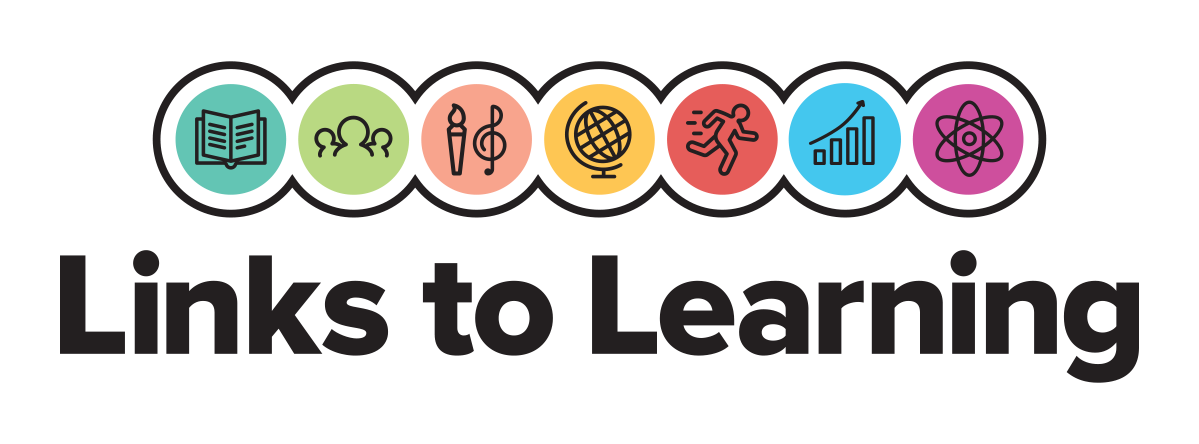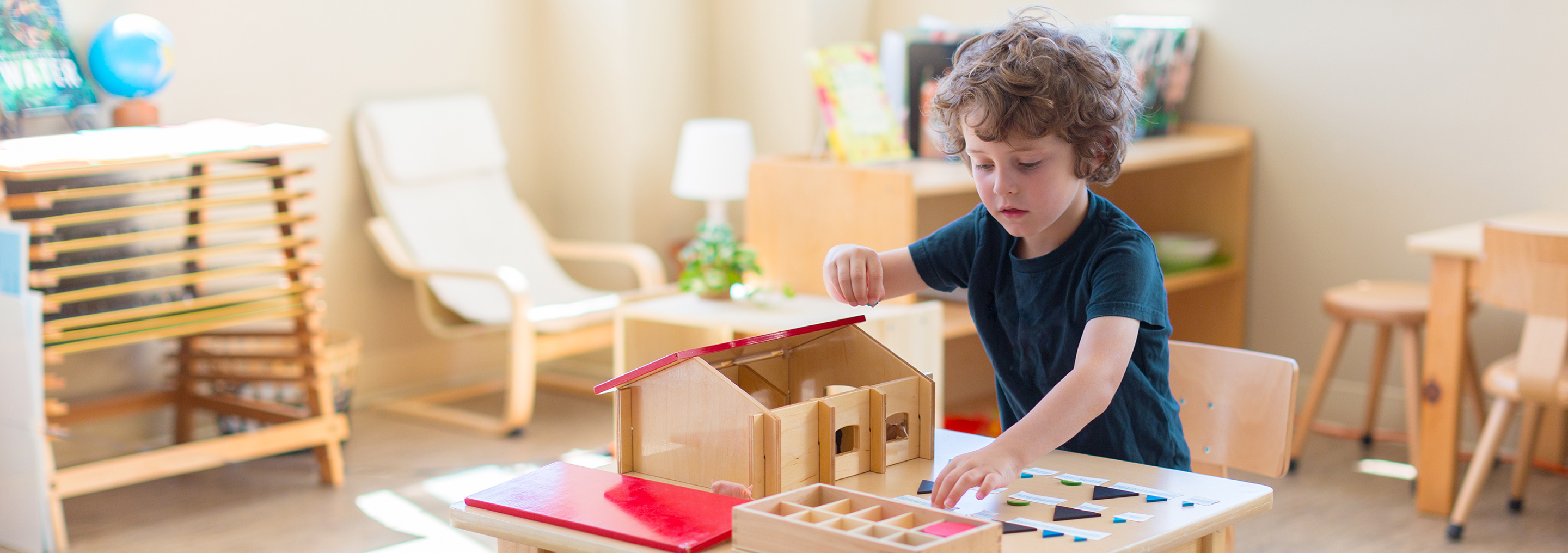- View All
- Topics
- Search
Blog Archive
-
2025 (1)
- January (1)
-
2024 (10)
- December (1)
- October (1)
- September (1)
- August (1)
- July (1)
- June (1)
- April (1)
- March (1)
- January (2)
-
2023 (9)
- September (1)
- August (1)
- July (1)
- June (1)
- May (1)
- April (1)
- March (1)
- February (1)
- January (1)
-
2022 (3)
- December (1)
- November (1)
- September (1)
-
2021 (3)
- November (1)
- March (1)
- February (1)



Reap the Return on Your Investment: the Kindergarten Year in Montessori
The third year of Montessori primary school (the equivalent of traditional kindergarten) is when all of the earlier lessons come together
In the third year, we see our children solidify their understanding of the concepts they have been working on for the past two years. They will move on to even more engaging lessons and advanced materials in math, story writing, grammar, and geography. They will continue their practice of grace and courtesy. The Montessori materials scaffold learning as children move from the concrete to the abstract and make these concepts a permanent part of their understanding. As one parent told us, “leaving now would be like going for a master’s degree and skipping the thesis!”
Montessori has mixed-age classes
Montessori curriculum aligns with how children this age learn best
Research shows that children ages 3-6 learn best by observing and manipulating their environment, but the textbooks and workbook exercises of traditional kindergarten do not take advantage of this. Montessori’s multi-sensory, hands-on activities are designed to directly address this critical need, aiding children as they transition from concrete to abstract, preparing them for their next plane of development.
Your child can continue to progress at their own pace
Students in a traditional kindergarten don’t typically have the option to move ahead when done or spend more time on something they want to practice more. This is particularly difficult for Montessori children because our program is academically advanced – they have already been introduced to geometry, fractions, story writing, geography, grammar, and more. Your child may need to wait as their classmates “catch up”.
After two wonderful years, your teachers know your child very well
We encourage you to think of this third year as the completion year of your investment in your child’s early childhood education – essential to reap the return on the investment you have already made. In the end, many of our parents decide that the “soft cost” of all of the above outweighs the “hard cost” of paying for an additional year of Evergreen Montessori Academy.